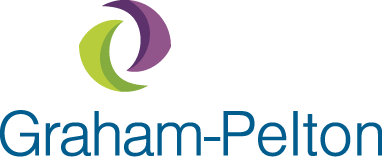In part one of this three-part series, we explained why the time is right to pursue an ambitious donor education and solicitation effort around unrestricted major giving. In part three, we share the ways to build or reframe your case with a new focus on unrestricted support.
We know that old habits die hard. Yet, in this moment of new habits – the embracing of social distancing, telepresence, and increased self-sufficiency — shouldn’t fundraisers and donors alike also reconsider their approach?
Fundraisers must confidently and boldly ask for major gifts to be unrestricted because their organization is making a real difference. And if their organization is to survive this crisis, that money is needed. And it’s needed now.
We’re all struggling to understand what COVID-19 means for our daily lives and the economy. Don’t be afraid to go back to a donor and talk about transforming an old gift, to talk about the impact of lifting the restriction from their gift to enable you to meet the demands of this crisis. Foundations are already taking this lead. It’s inevitable that individuals will be willing to help too.
Ask for help from your donors. Now is as good a time as any. Actually, there’s never been a better time. But first, there are some key questions you must consider.
Research in the field tells us that transparency and stewardship are the biggest keys to building and keeping donors’ trust.
If you are a donor, consider this:
- Do you trust the organization where you invest?
- Do they make a difference in your community, state, or nation?
- Do you understand what they do?
- Do they have a plan?
- Do they need your money?
If you can answer yes to these, then trust the organization’s people, plans, and ability to carry out their mission. Invest in the vision.
If you are an organization, do you:
- Regularly communicate your impact data to all constituents?
- Take the time to know your closest constituents and donors?
- Tell the human story of what you are doing and why?
- Have a clear mission that is easy to grasp?
- Publicly share your strategic plans?
- Are you making a difference, and if so, how?
- Are your fundraising processes smooth and efficient?
These are the key questions that need to be answered affirmatively to develop and keep trust among your donors and constituents.
What are you to do if you feel unprepared to bring unrestricted asks front and center to your efforts? Stay tuned for Part Three.
Jennifer Harris, Ph.D., is Senior Vice President at Graham-Pelton Consulting. Contact her by email or by calling 1-800-608-7955.

